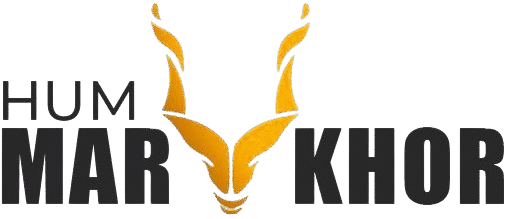When people hear the word blockchain, they often think only of cryptocurrencies like Bitcoin or Ethereum. But blockchain is much more than digital money. It is a revolutionary technology built on decentralization, transparency, and security. From banking and supply chain management to healthcare and real estate, blockchain is reshaping industries by offering solutions that traditional systems can’t match.
In this article, we’ll explore what blockchain is, how it works, its real-world applications, benefits, challenges, and the future of this groundbreaking technology.
What is Blockchain?
At its core, blockchain is a distributed digital ledger that records transactions across multiple computers in a secure, transparent, and tamper-proof way.
Blocks: Store transaction data.
Chains: Link blocks in chronological order.
Decentralization: No single authority controls the system.
Immutability: Once recorded, data cannot be changed or deleted.
This makes blockchain ideal for industries where trust, transparency, and security are crucial.
Key Features of Blockchain
Decentralized – No need for intermediaries like banks or brokers.
Transparent – All participants can view verified transactions.
Secure – Cryptographic encryption prevents tampering.
Efficient – Faster and often cheaper than traditional systems.
Traceable – Perfect for supply chains and data auditing.
Blockchain Beyond Cryptocurrency
1. Finance & Banking
Cross-border payments without high fees.
Smart contracts for instant, secure transactions.
Fraud reduction through immutable records.
2. Supply Chain Management
Track goods from origin to delivery.
Prevents counterfeit products.
Improves efficiency with real-time data.
3. Healthcare
Secure patient records.
Transparent clinical trials.
Fraud detection in medical billing.
4. Real Estate
Smart contracts for property sales.
Transparent land ownership records.
Faster and cheaper transfer of property.
5. Voting Systems
Tamper-proof digital voting.
Enhances trust in democratic systems.
Eliminates fraudulent votes.
Benefits of Blockchain
Security: Advanced cryptography keeps data safe.
Trust: Transparent systems build confidence.
Cost Savings: Eliminates intermediaries.
Speed: Faster transactions than traditional banking.
Innovation: Opens opportunities for decentralized apps (dApps).
Challenges of Blockchain
Scalability issues – Slow transactions in some networks.
Energy consumption – Proof-of-work systems require massive electricity.
Regulatory uncertainty – Governments still creating policies.
Adoption barriers – Lack of understanding among businesses.
The Future of Blockchain
Integration with AI & IoT for smart ecosystems.
Decentralized Finance (DeFi) replacing banks.
NFTs & digital assets reshaping art, music, and gaming.
Green blockchain solutions for eco-friendly operations.
Blockchain’s future lies in becoming as common as the internet itself.
Conclusion
Blockchain is no longer just about cryptocurrency. Its potential across industries is immense—creating secure, transparent, and efficient systems. While challenges remain, the technology is steadily moving into mainstream adoption.
The next decade will see blockchain driving innovation in ways we cannot yet fully imagine.
FAQs
Q1: What industries benefit most from blockchain?
Finance, healthcare, supply chains, and real estate are leading adopters.
Q2: Is blockchain safe?
Yes. It uses cryptographic encryption, making data highly secure.
Q3: What is the difference between blockchain and cryptocurrency?
Blockchain is the technology; cryptocurrency is one of its applications.
Q4: Will blockchain replace banks?
Not entirely, but it will reshape how financial systems operate.
Q5: Can blockchain be hacked?
Hacking is extremely difficult due to decentralization and cryptography, though weak implementations can be vulnerable.

